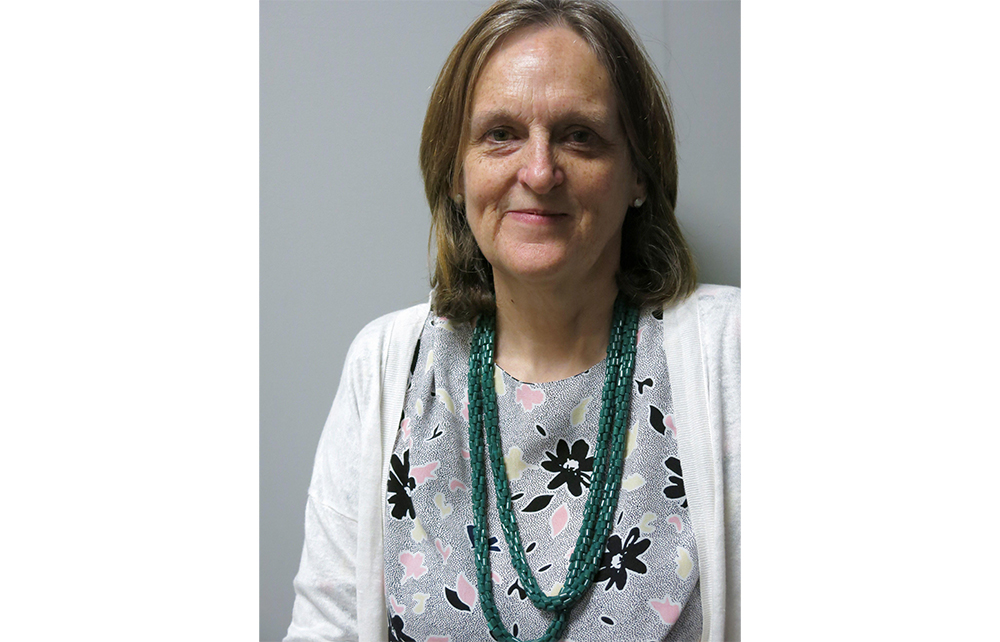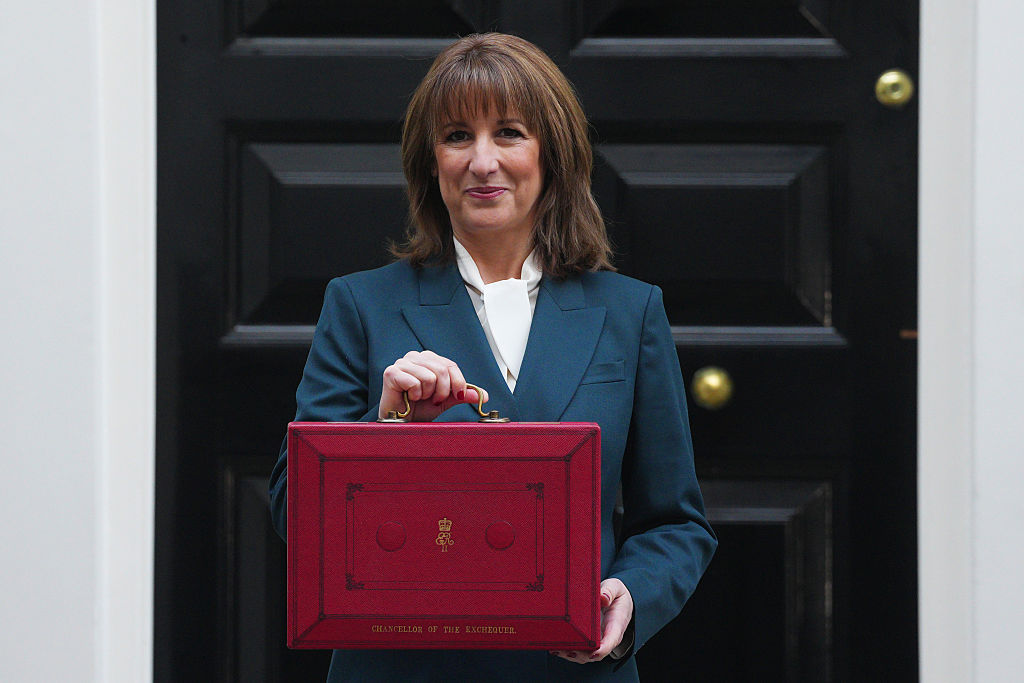My husband and I like to play Tessa Hadley bingo whenever she has a new book out. You get a point if one of the characters is dressed in a bad outfit, which the author seems rather to admire – a purple jacket with orange tassels; a long felt skirt; a beret, maybe at an angle. You get another point if a beautiful boy-man steals the heart of the story’s older heroine; bonus points if he is unaware of his beauty, a little callous, elegant or golden-skinned.
In a recent interview with the New York Times, Sally Rooney said she thought originality was overrated: that she didn’t much mind the idea that she might end up producing variations on the same novel for the rest of her writing life. The 68-year-old Hadley has more or less done this, and her fans are grateful for it. She may be a writer easy to tease – from afar – but I can think of no other contemporary novelist as perceptive, as reliably enjoyable and as attentive to the rustlings of the human heart.
Her latest book, The Party, is very brief. But that’s a good thing; for my money, Hadley is at her best over short distances. In the Olympics, this would be her 800m race and she’d win gold. The story is about two sisters (this wins another point) who have a close but slightly awful relationship. Our allegiances are with Evelyn, who is studying French at university and considers herself ‘clever’; she is thin and good-looking but uncomfortable in her skin, aware of her inexperience and of the sheltered life she has led so far. Then there’s her older, bolder sister Moira, whose personality is something of a performance. Moira gets the boys – and is vicious about any whom Evelyn likes.
The setting is post-war Bristol (ding!), its streets gappy with the craters that bombs have left. A sense of damp, like the yellow fog in Prufrock, pervades everything. In the first half of the book we follow Evelyn as she sneaks out of the cramped family home to a dockside pub where Moira and her friends are having a party. The sisters fall in with a group of odious but glamorous young men; wrenchingly, Evelyn is disdainful of the one lad there who would probably do her some good – a nerdy university friend called Donald, who tells her he is crazy about her. He won’t do, Evelyn decides, Moira having already declared him ‘NPA’: Not Physically Attractive.
The second half of the book unfolds in a sprawling house to which the sisters have been invited by the men they’d met at the party. Here Hadley is at her best, unbeatably attuned to the gradations of English class. The sisters immediately sense that they are at a disadvantage with these languid upper-middles who dress differently from them and will surely note the way they speak, especially the words they use without realising they’re wrong.
As ever with Hadley, the plot isn’t really the thing, though there is enough of it. The enjoyment comes from her nailing the self-loathing of adolescence – its longings and hatreds and repressed regrets; and though the dialogue doesn’t always ring true – some of the lines feel too done up, written and rewritten and buffed – the characters stand as their own believable people. The Party isn’t perhaps a book to persuade sceptics of Hadley’s talent, but it should more than satisfy her fans.







Comments